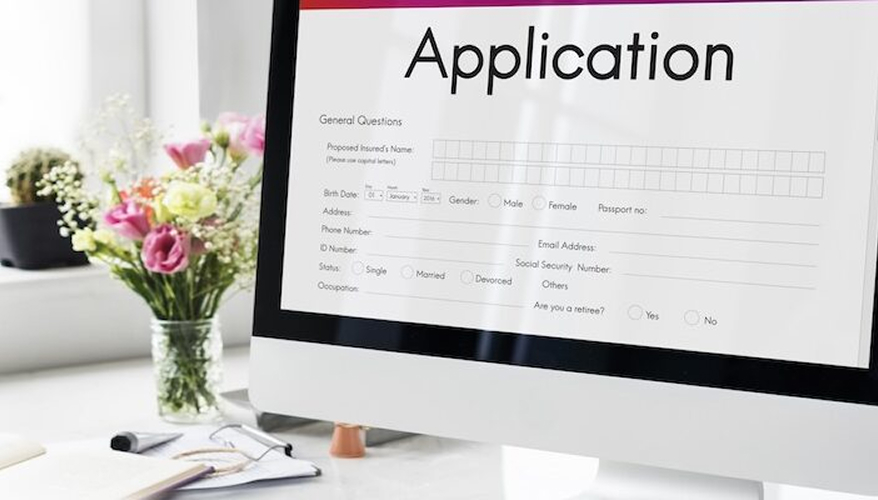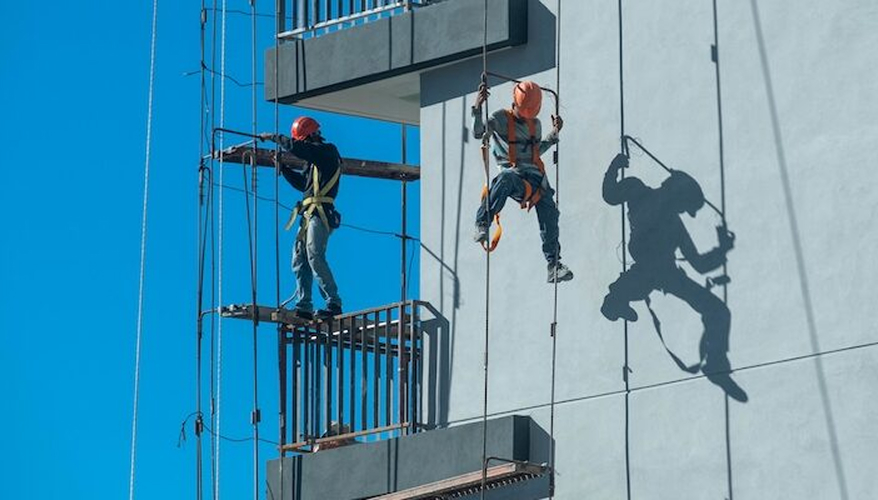If you are planning to move to Singapore with your family, your kids’ education must be a big concern for you. Education plays a prominent role in most people’s lives. So as parents, laying a proper foundation for your kid’s education goes a long way. When it comes to the education system in Singapore, it’s considered world-class.
And also, Singapore’s education system is one of the leading areas in the country’s economy. In 2010, the British Ministry of Education declared Singapore’s education system as one of the best in the world. That has inspired other countries to adopt and use their curriculum as a blueprint. So to help you address all your concerns, in this article, we will be talking about Singapore’s education system and how you can ensure your children get the best of it.
School Fees
It can be quite expensive for those who are not a citizen of Singapore to enter their schools. International students are supposed to pay a much higher amount compared to those who are citizens. Monthly fees can range from S$181 to 250 for primary schools, S$ 250 to 356 for secondary and S$400 to 570 for junior colleges. These can vary depending on the school and also the government’s policies.
Generally, residents pay lesser school fees compared to international students. Apart from that, the Singapore Ministry of Education will also request international students to contribute to a fund when they join the school. In recent decades, students from all around Asia and Europe have started enrolling in Singapore schools and universities simply due to the high standards and quality they have maintained over the years.
What Is AEIS?
AEIS is short for Admissions Exercise for International Students. This is an admission examination that aims to evaluate an international student’s knowledge and skill level seeking to join Primary 2 to 5 and Secondary 1 to 3 in the following academic in Singapore.
The examination consists of tests in English and Mathematics, but from the 2022 AEIS, MOE no longer offers the English test for international students seeking admission into primary schools. Instead, the student needs to take the relevant Cambridge English Qualifications (CEQ) test run by Cambridge Assessment English (CAE) and meet or exceed the required scores before they register for the AEIS-Primary Mathematics test. AEIS is conducted annually in September or October every year.
The School Year
As with most Asian countries, the Singapore school year begins in January, with the first semester ending in May. The second semester starts in June and ends in November. These two semesters are each divided into two terms. Singapore schools stand out compared to those in Western countries, which start in June or September. These particular semesters and terms have been planned optimally and efficiently for the benefit of the students.
Teaching Medium
English is the primary language used in Singapore schools, both private and public. This is one of the reasons you should ensure that your children are fluent in English before entering school. Otherwise, it will be difficult for your kid to have a good learning experience.
However, other languages are also taught in the curriculum if students prefer elective courses. As the international language is English, Singapore students will not have any inconvenience regarding language barriers.
Public Or Private Schools?
In Singapore, public schools have more students compared to private schools. Regarding formal examinations, public schools hold GCE O-levels and normal-level exams such as term tests, but private schools have their own curriculum, which is highly influenced by international standards.
Private schools start at 8.30 am and end around 3.00 pm. In comparison, public schools start at 8 am and end at 1.30 pm. School fees can be pretty expensive for private schools as they offer many facilities to their students.
The Formal School Year
In the Singapore education system, learning starts with nursery school for those from 3 to 4 years old, followed by kindergarten at the age of 5 to 7. From 7 to 11, children attend primary school, and then secondary school starts at 12 and ends at 17.
Students above 18 can pursue higher studies at universities and polytechnics. Singapore’s education is widely known for its high competitiveness. Because of that, students from all around the world are coming to Singapore for their studies.
The number of international students who enrol in Singapore universities is relatively high, which is one of the biggest reasons Singapore’s education system stands out from the rest. In addition, the country’s hospitality and the security international students enjoy here are also excellent compared to other countries.
What Sets Them Apart?
- Competent and skilled teachers/lecturers.
- Focus on subjects that empower critical thinking and problem-solving.
- Different paths to suit students’ ambitions and passions.
- Diversity.
- High-quality resources and school facilities.
- Highly recognised world-class certificates/degrees.
Apart from the general subjects, Singapore schools have curriculums and modules that help students to shape their future, with learning areas also aligned with their passions. This is one of the best examples of a successful education system.
When people start to be in jobs that they do not like, it could lead to unemployment and high turnover rates. So Singapore’s education system uses its own methods to enhance critical thinking and problem-solving skills.
Diversity is one of the best things about the education system in Singapore. People from different cultural backgrounds and international students get to study together in classrooms. This creates and fosters students’ social understanding of the world. Not only do they have top-notch teaching methods, but valuable and recognised degrees and certificates are also offered at the end of the programs.
Conclusion
As you can see, the Singapore education system will guarantee the future for your kids that you have always dreamed of. This is because the country’s Ministry of Education has always prioritised the education system to ensure that Singapore has the best in Asia.
This is quite obvious when people worldwide apply to study in Singapore schools. Their education system is dedicated to creating skilled and passionate groups of graduates who are confident to have a career anywhere in the world.
So if you are considering moving to Singapore with your children, you should rest assured that they will get access to the best education and facilities while in Singapore. So you should not think twice and plan the move. You can also apply for a Singapore PR for your whole family once you have stayed in Singapore for more than six months. Getting a PR would help your children get the same quality of education at a subsidised fee, along with other benefits.
Moving to a new country is never simple. You might have a number of questions pertaining to the country’s culture, cost of living, medical facilities, education system or rentals. To ensure your move is smooth and all your concerns are addressed, engaging an experienced immigration consultant is a must. They would be the right people to provide you with the most accurate and up-to-date information to help you take the right decision.






